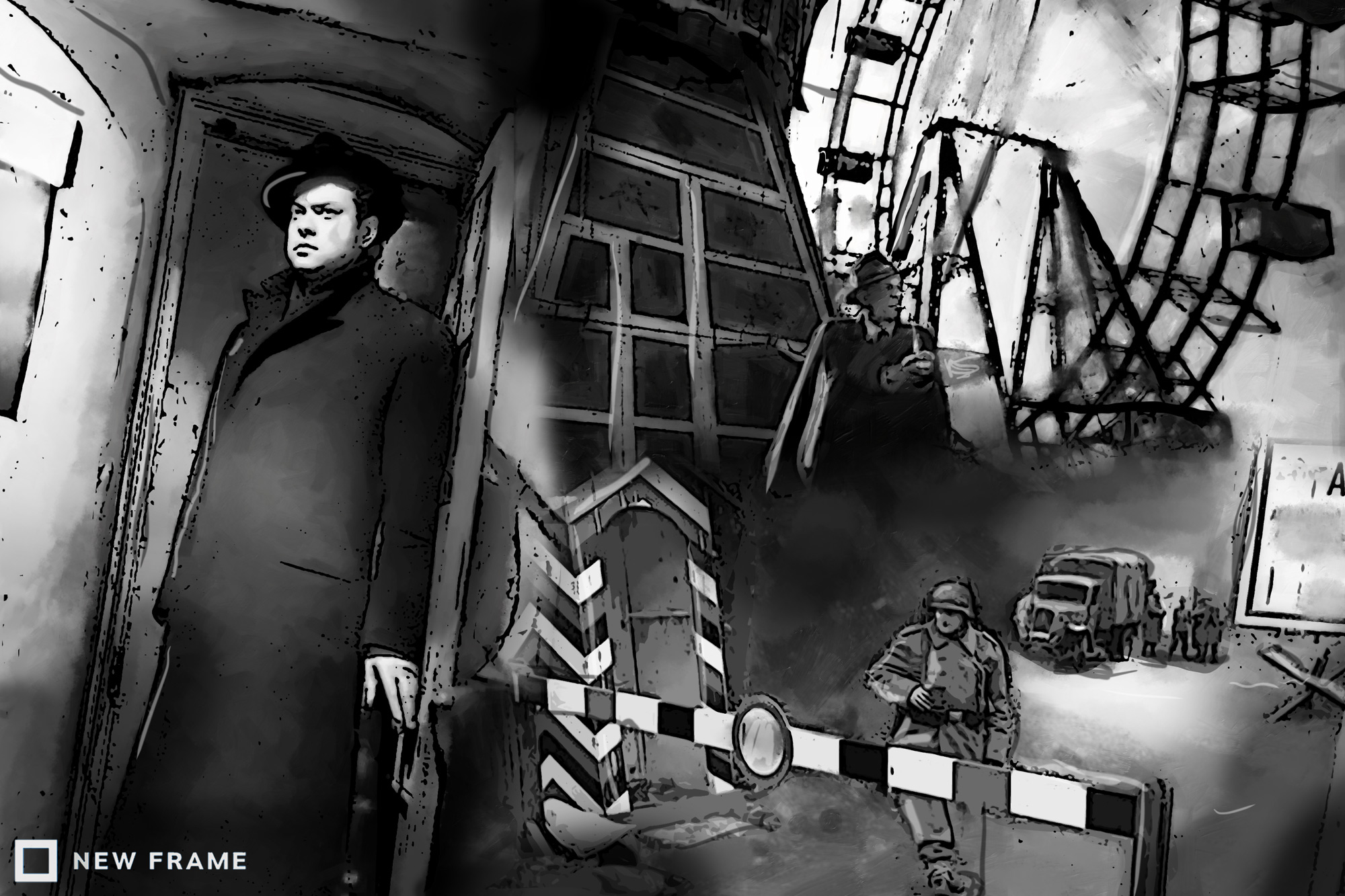Text Messages | Profiting from pain
As government clamps down on racketeering during the Covid-19 crisis, Graham Greene reminds us that during disasters, the unscrupulous become even greedier.
Author:
26 March 2020

Racketeering is one of the worst crimes because it works through coercion or extortion. That is why the hundreds of charges of racketeering against former President Jacob Zuma are so legally – and morally – serious.
There is a certain irony that a word standing for such grave actions should originally have been classified in dictionaries as “US informal”, as in the admirable The World Book Dictionary of 1969, an American publication. Rooted in criminal gangs threatening violence or damage to individuals or businesses, racketeering is what set up the mafia, Cosa Nostra and other organised crime syndicates.
Another no less damaging sense of the word and the actions behind it comes from the practice of diverting medicines and foodstuffs from legitimate channels and selling them on the so-called black market. Worse, to obtain the medicines without arousing suspicions, it is necessary to provide fake substitutes. The results are horrific, with the ill receiving what amounts to placebos that have no medical benefits.
Making a dirty living
Perhaps the acutest illustration of this sort of racketeering is to be found in Graham Greene’s novella The Third Man (1950). A brilliant meditation on morality, ethics and human nature, it grew out of a screenplay that the producer Alexander Korda had asked Greene to write for the celebrated director Carol Reed (a man, despite that first name).
Greene later developed the book from the screenplay. As he explains in the preface: “The Third Man was never written to be read but only to be seen … years back, on the flat of an envelope, I had written an opening paragraph: ‘I had paid my last farewell to Harry a week ago, when his coffin was lowered into the frozen February ground, so that it was with incredulity that I saw him pass by.’”
That sentence appears much later in the novella, by which time the reader has made the acquaintance of the main character, the racketeer Harry Lime, a man once good but now turned to finding, stealing, smuggling and selling penicillin meant to treat children in post-World War II Vienna. In the film, Orson Welles plays Lime. It is one of the great Wellesian performances, a mix of light and shadow, moral ambiguity, ruthless profiteering and personal cowardice.
Related article:
The narrator of the book, a policeman, says of Lime, “He was about the worst racketeer who ever made a dirty living in this city.”
Later we learn how the racket works. “As the racket started, it was relatively harmless. Penicillin would be stolen by military orderlies and sold to Austrian doctors for very high sums … You might say this was a form of distribution – unfair distribution because it benefited only the rich patient, but the original distribution could hardly have a claim to greater fairness.”
Exchanging money for lives
Then, as ever, capital – Greene describes it as “the big men saw the big money in it” – starts organising the theft and redistribution on a grand scale. This, remember, is Vienna after the war, Greene’s “smashed dreary city” that is divided into four quarters, run by the Americans, the Soviets, the French and the British. Everything is in short supply – shelter, food, clothing, medicines. There are checkpoints and roadblocks, just as there are in Covid-19 South Africa at the time of writing.
But growing greedier, knowing that penicillin will be easier to obtain legally, “They began to dilute the penicillin with coloured water, and, in the case of penicillin dust, with sand.” You can imagine the horrific consequences. Worst was what happened at the children’s hospital.
Related article:
“They had bought some of this penicillin for use against meningitis. A number of children simply died, and a number went off their heads. You can see them now in the mental ward.”
When at last run to ground and confronted with the enormity of his crimes, Lime says: “Oh, I still believe, old man. In God and mercy and all that. I’m not hurting anybody’s soul by what I do. The dead are happier dead. They don’t miss much here, poor devils.”
Chilling words from a person devoid of morals and ethics. Little wonder that President Cyril Ramaphosa took such a hard line against those who might wish to exploit the coronavirus epidemic in South Africa, warning that profiteers and racketeers would be arrested and tried in special expedited courts. Greene’s closing words in the book aptly sum up such evil actions: “Poor all of us, when you come to think of it.”


